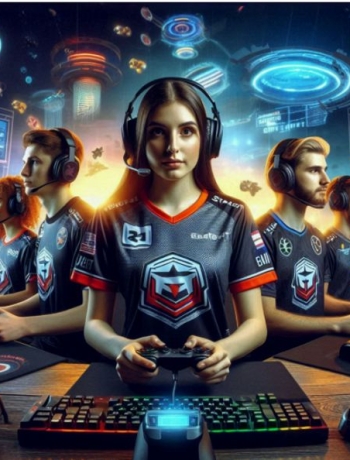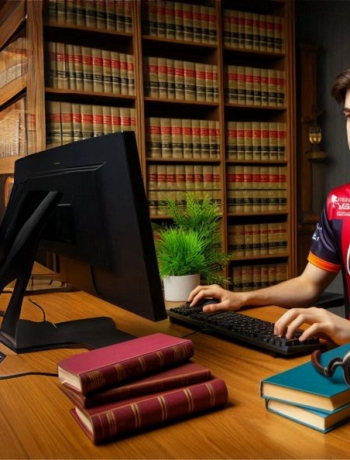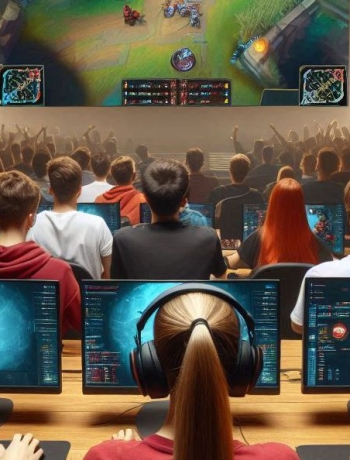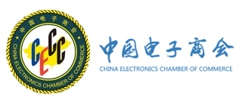

News and updates
How we work
In our work, we redefine your goals and set the optima path to make it through digital sports




2500+
Inspired people for the digital age social inclusion worldwide using our services

Boost your region
Create awareness to your region, make it THE hub of Innovation.

Empower your citizens
Tools beyond the intuitive technology, to make even better the learning process.
Achievement
We believe that our works can contribute to a better world.
0
Billions of Total Assets Raised
Raised values to implement our international digital sports smart cities programs
0
Citizens impacted per each project
People absorbing the social impacts from our digital sports programs















